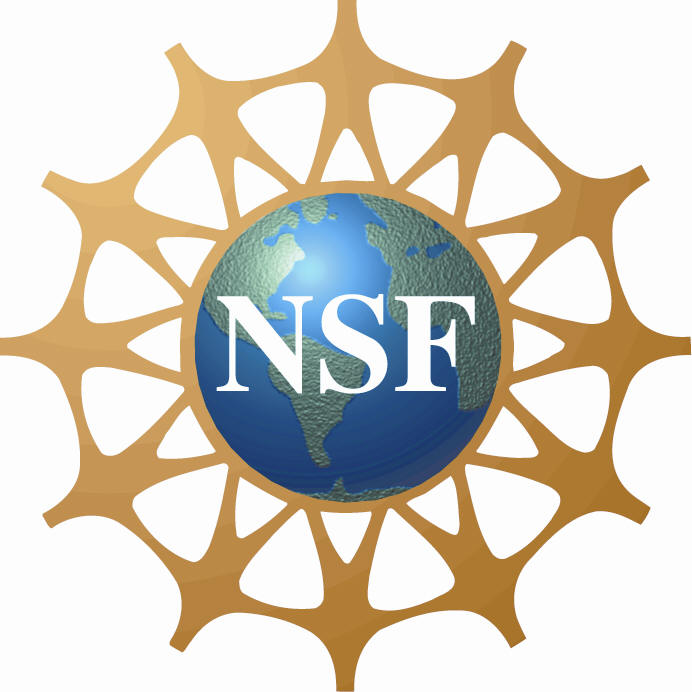

|
A |
lthough significant progress has been made in neuroscience towards understanding the operation of the Brain, there is still much that remains a mystery. Nevertheless neuroscientists continue to explore neural circuits ever more deeply, while theoreticians are abstracting those attributes into models. Likewise Computer Scientists and Engineers are finding ways to implement neural inspired computing and to apply these computational techniques to real world applications. The first phase of such “applied neuroscience” was initiated in 1990s, with Intel being a major participant in that effort.
Today, research in engineering computer structures based on neuroscience principles is going through a renaissance with a sophistication that was missing during the previous revival in the late 80s and early 90s. Due to the maturity of computational neuroscience and the significant capabilities of silicon technology, we believe that it is time to revisit biologically inspired computation. The availability of greater silicon density and more sophisticated algorithms, along with other relevant technological breakthroughs, seem to be creating sufficient momentum to initiate “Adaptive Massively Parallel Computing.”
Intel Corporation and Portland State University are organizing a by-invitation-only workshop with key experts in the field to identify the current state of the art in biologically inspired computing and the maturity of highly parallel algorithms to solve real world cognitive applications. There will be special emphasis on identifying possible technology gaps towards the efficient use of existing computing platforms, and both evolutionary and revolutionary enhancements of those structures.
Although no formal paper submission is required, we encourage each attendee to provide a title and abstract of a talk they could give at the workshop related to real world applications and implementations. We will select those presentations that most represent our objectives for the workshop. A major part of the workshop will focus on discussions and break-out sessions to identify the technology gaps and ways to fill those gaps.
You are a leading expert in your field and we are hoping that you can join us in this important workshop. Your active participation is critical to the workshop’s success. Consequently thoughtful feedback will add significant value as we assess the technology readiness for adaptive computing systems.
This workshop will bring together a diverse group of experts in neuroscience, algorithms, and silicon VLSI designers and computer architects to chart a research vision for a revolutionary path in biologically inspired applications and implementation for the coming decade.
A final report will be generated from the workshop summarizing the attendees’ assessment of technology readiness, and presenting a rudimentary first draft of a technology roadmap to the commercialization.
Expected outcome: A public domain report on research directions that has broad support and that will be used to promote funded research in this area.
Sponsors